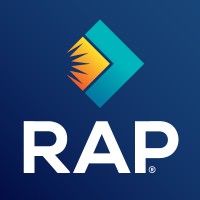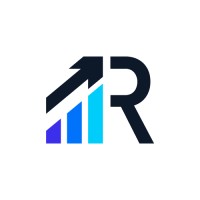
Regulatory Assistance Project (RAP)
The Regulatory Assistance Project (RAP)® is an independent, non-partisan, non-governmental organization dedicated to accelerating the transition to a clean, reliable, and efficient energy future. We help energy and air quality regulators and NGOs navigate the complexities of power sector policy, regulation, and markets and develop innovative and practical solutions designed to meet local conditions. We focus on the world's four largest power markets: China, Europe, India, and the United States.






